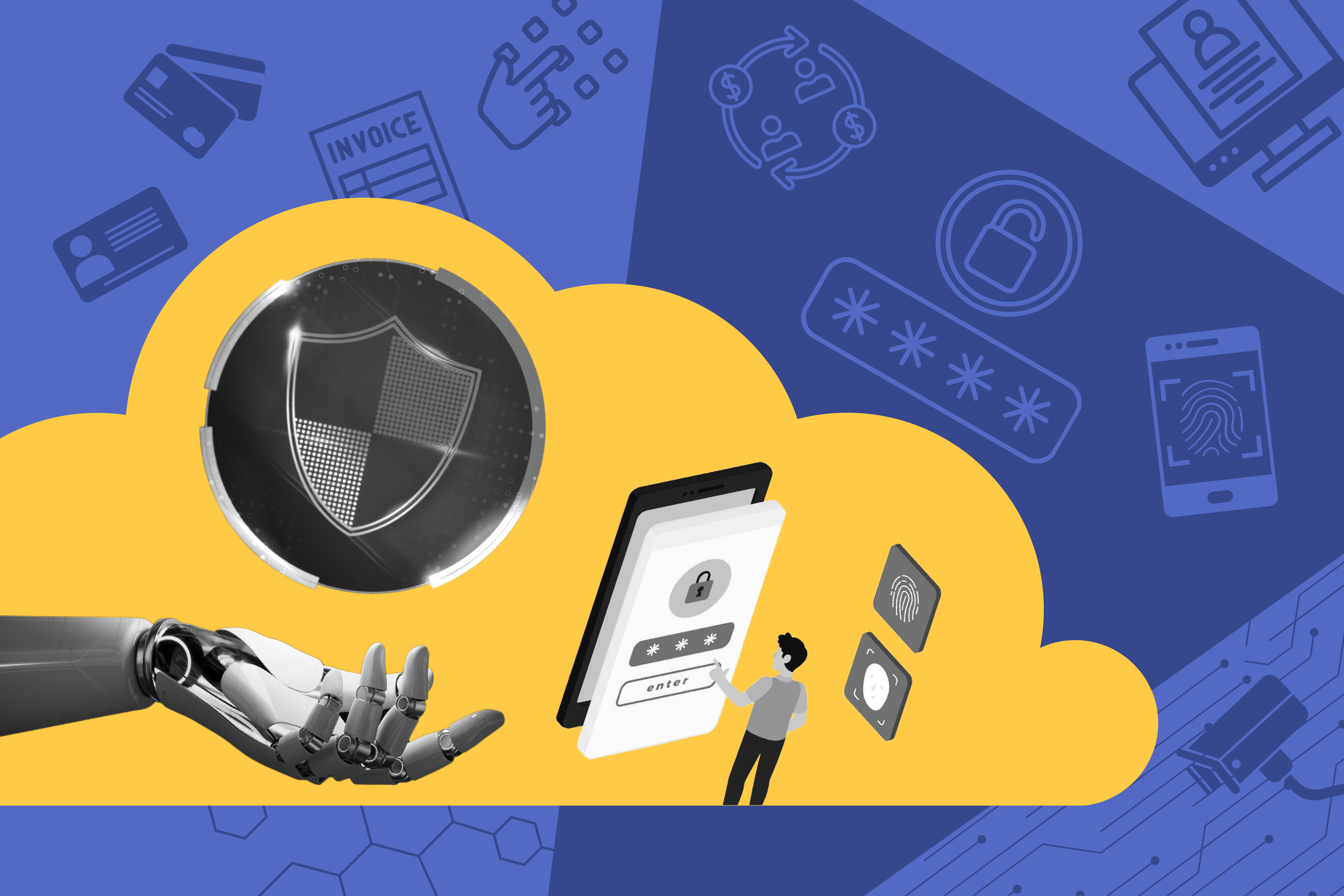In today’s digital age, protecting sensitive information is crucial. Accounting firms handle vast amounts of data, making them prime targets for cyber threats. Cybersecurity plays a vital role in safeguarding this information from unauthorized access or theft. A breach could lead to significant financial loss and damage to a firm’s reputation. Cybercriminals often exploit weak points like outdated software or unsecured networks. Ensuring robust security measures protects not only client data but also the integrity of the entire firm. Key components include using strong passwords, regular software updates, and educating staff about potential risks. Implementing these practices can reduce the likelihood of an attack. Additionally, having a secure website ensures clients feel confident in their interactions with the firm. With the increasing sophistication of cyber threats, maintaining a strong cybersecurity stance is essential. Accounting firms must prioritize these measures to thrive in a digital landscape.
Common Cyber Threats Faced by Accounting Firms
Accounting firms must be aware of various cyber threats that can compromise their data. These threats can come in different forms, such as phishing attacks, ransomware, and malware. Phishing attacks often trick employees into revealing sensitive information by posing as trustworthy entities. Ransomware encrypts data, holding it hostage until a ransom is paid. Malware can infiltrate systems, leading to data breaches and loss of client trust. Understanding these threats helps firms prepare and implement stronger defenses.
Essential Cybersecurity Measures
Implementing cybersecurity measures is not just a recommendation, but a necessity for accounting firms. Some of the essential steps include:
- Strong Passwords: Use complex passwords and change them regularly.
- Data Encryption: Encrypt sensitive data both in transit and at rest.
- Regular Software Updates: Ensure all software is up-to-date to protect against vulnerabilities.
These steps create a robust security framework that can deter potential cybercriminals from targeting the firm.
The Role of Employee Training
Employee training is a crucial aspect of cybersecurity. Many breaches occur due to human error, such as clicking on malicious links or using weak passwords. Regularly training employees to recognize potential threats and practice safe online behaviors can greatly reduce risks. The Cybersecurity and Infrastructure Security Agency (CISA) offers resources that can help firms develop effective training programs.
Comparing Cybersecurity Practices
Let’s compare some key cybersecurity practices that accounting firms can adopt to enhance their security posture:
| Practice | Benefits | Implementation |
| Two-Factor Authentication | Enhances security by requiring a second verification step | Enable on all accounts with sensitive information |
| Data Backup | Ensures data recovery in the event of an attack | Regularly back up all critical data |
| Firewall Protection | Blocks unauthorized access to the firm’s network | Install and configure firewalls on all devices |
The Legal and Ethical Implications
Firms have a legal and ethical responsibility to protect client data. Many regions have regulations that mandate specific cybersecurity measures. Non-compliance can lead to legal penalties, not to mention the loss of client trust. Ethical considerations also demand that firms take all necessary steps to secure their clients’ information. Being proactive in cybersecurity is not just a protective measure, but a fundamental duty.
Moving Forward: Building a Cyber-Resilient Firm
Building a cyber-resilient firm involves continuous evaluation and improvement of security measures. It is important to perform regular security audits and penetration tests to identify vulnerabilities. Collaborating with cybersecurity experts can provide additional insights and strengthen the firm’s defenses. The National Institute of Standards and Technology (NIST) offers a framework that can guide firms in developing a comprehensive cybersecurity strategy.
In conclusion, cybersecurity is a critical component of modern accounting practices. By understanding common threats and implementing effective security measures, accounting firms can protect their clients and themselves from the ever-evolving landscape of cyber threats. Prioritizing cybersecurity not only ensures compliance with legal standards but also builds trust and confidence with clients, securing the firm’s reputation and future success.
Keep an eye for more news & updates on HintInSider!




